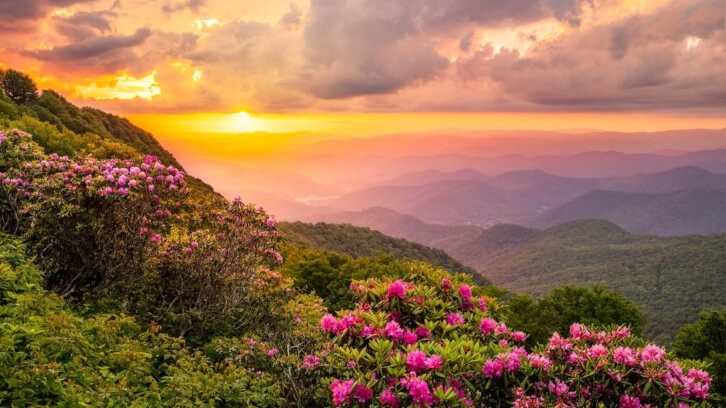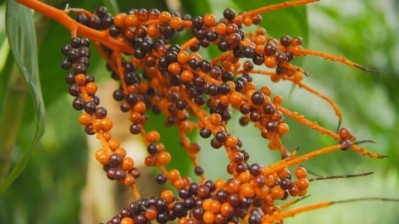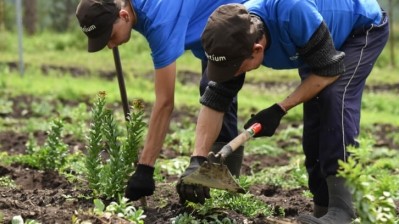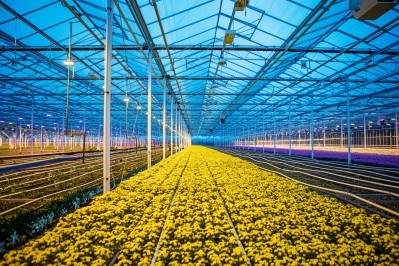Botanical supply experts call on industry to value the wildcrafters

This forewarning emerged as one of the main takeaways from last week’s American Herbal Products Association (AHPA) Botanical Conference, which gathered a panel of experts to discuss the state of botanical supply in the face of increased consumer demand, climate change, the evolution of wildcrafting operations and current transitions to cultivation.
“If it doesn’t happen, all of the companies are going to end up having to shrink their materia medica because wild herbs are just going to get more and more expensive if they haven’t been brought into large-scale commercial cultivation,” said Josef Brinckmann, research fellow in medicinal plants and botanical supply chain at Traditional Medicinals.
Brinckmann kicked off the conference’s first session with a presentation of the findings from his collaborative research project on Medicinal and Aromatic Plants (MAPs) in commercial cultivation, which found that the increase of botanicals in cultivation is not linked to conservation status but rather to market demand.
An endangered species
Panelists all agreed on the need to cultivate a new generation of wildcrafters willing to take on the hard work to ensure that traditional wisdom is not lost to urban migration and the draw of more promising economic activities.
“There is no remaining economic viability, and the aging population are people who have the know-how but not the ability, and they are having trouble connecting with younger people who have the ability but not the know-how,” said Brennan Lincoln, general counsel and fulfillment & purchasing manager at Herbal Ingenuity.
Edward Fletcher, president at Native Botanicals and session moderator, added that although issues with shortages over the last few years have raised awareness about wildcrafting, the age-old practice of knowledgeably harvesting botanicals from their natural (and optimal growing) habitat, there’s still a way to go.
“I don’t think here in the U.S. we value the wildcrafters as much as we should,” he said. “It’s very important that we understand that wildcrafting is a craft, and it’s something that you hone over the years.”
In the U.S., botanicals including ginseng, black cohosh, slippery elm bark, goldenseal and bloodroot are found in the wild pristine climes of the rugged Appalachian Mountains. Others like the lucrative saw palmetto berries are exclusively wild harvested (by permit only) in places like the snake-infested brush along the Florida and Georgia coasts between August and October, which falls during the offseason for many southeastern fruit crops.
“Hispanic crews were the answer to me before I got out because they are used to the hard work, and if you educate them, they were your best team members” said veteran botanical supplier Chuck Wanzer. “The thing about palmetto is that they could pick a thousand pounds in a day. Even back in the 90s, they could still make more money than any other thing they could do.”
Josh Hayes, director of operations at Ridge Runner Trading Company and a second-generation botanical dealer, did not express much hope for a new generation of wildcrafters, saying that young people are “just so lazy” and “aren’t accustomed to hard work anymore.”
“A lot of young folks don’t want to do the work, and many would rather work in a café than go into the woods and collect leaves and flowers,” Brinckmann added. “So, it’s getting harder and harder, you have to offer more incentives.”
Offering more incentives
The panelists noted that with the proliferation of the internet comes increased awareness of actual market prices and the justified demands for fair compensation. What’s more, herb diggers want to make sure that they will be remunerated for their hard work before going out into the wild.
Brinckmann suggested that buyers should be willing to make advanced commitments and pay higher prices to ensure access to raw materials, adding that “it’s not about negotiating a good price anymore, it’s about access.”
Lincoln acknowledged the considerable efforts to increase the wild cultivation of botanicals through initiatives like the Appalachian Forest farming programs but said there is not yet enough volume to meet customer demand.
“Until those breakthroughs come […], the only place you are going to get those items is hiking up some mountains, getting into the rocks and digging them out, so that speaks to the importance of wildcrafting and then wildcrafters and the sustainability of that workforce,” he said.
At Herbal Ingenuity, the solution has been to invest time, money, tools and know-how into helping its best wildcrafters grow their community in and around Wilkesboro, NC to establish a dedicated team of full-time diggers who can trust in a committed buyer.
“The stability in knowing that they can make a living wage empowers them, and they start to have pride in their work and put hope into a place that is fairly hopeless,” Lincoln said.















